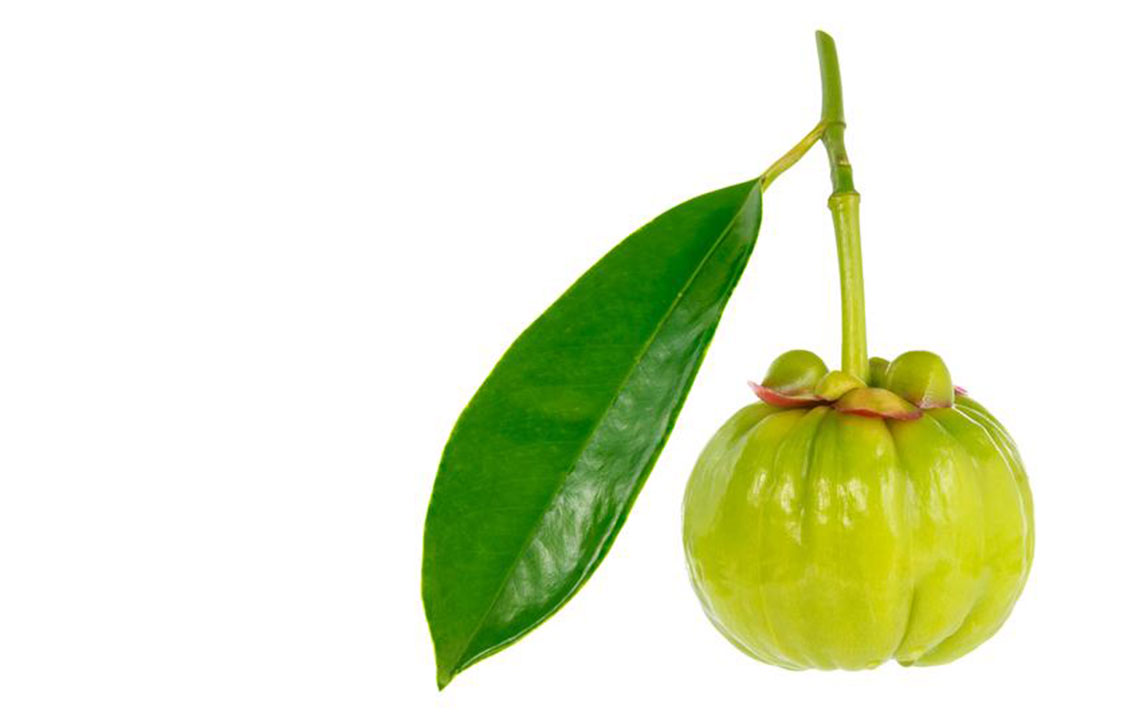Fruits that are safe for diabetics
Many think fruit is forbidden for people with diabetes, as it contains fructose, which eventually turns into glucose. However, that’s only partially true because fruits also contain fiber, vitamins, and antioxidants essential to combat diabetes. Fruits are to be eaten whole instead of juiced, as juices are devoid of healthy fiber and carbs. That said, let’s quickly take a look at the fruits that those with diabetes can consume guilt-free.

Tips regarding consuming fruits for diabetics
One essential thing to remember for people with diabetes is to ditch canned fruits and dried fruits, as they are loaded with added sugar. Instead, opt for organic, fresh-from-farm fruits and consume them in the rawest form possible. While juicing the fruits is not a great idea, they can be had in the form of smoothies, as they retain the fiber.
Berries
Strawberries, mulberries, blackberries, blueberries, and all other kinds of berries are good fruit choices for people with diabetes. Packed with fiber and antioxidants, these taste good and keep one feeling full for a long time. To make dessert or breakfast more interesting, one can add berries to non-fat yogurt.
Tart cherries
This fruit dominates the food chart for diabetes, as it is one of the potent sources of antioxidants. In addition to that, it also helps fight inflammation, which is the root cause of many diseases and illnesses.
Peaches
This soft fruit tastes great and contains metabolism-boosting potassium that benefits a person with diabetes in many ways. Additionally, the fruit contains nutrients and vitamins that help lower the risk of cardiac issues, which are potential risks for diabetics.
Apples, bananas, oranges, mangoes, pears, and dates are fruits low in glycemic index (GI), which means they raise one’s blood sugar slowly. If these fruits are eaten in decent quantities, one will be able to keep their blood glucose levels in check, whereas pineapple and watermelon are high in GI, and they must be eaten in moderation and at best avoided.




